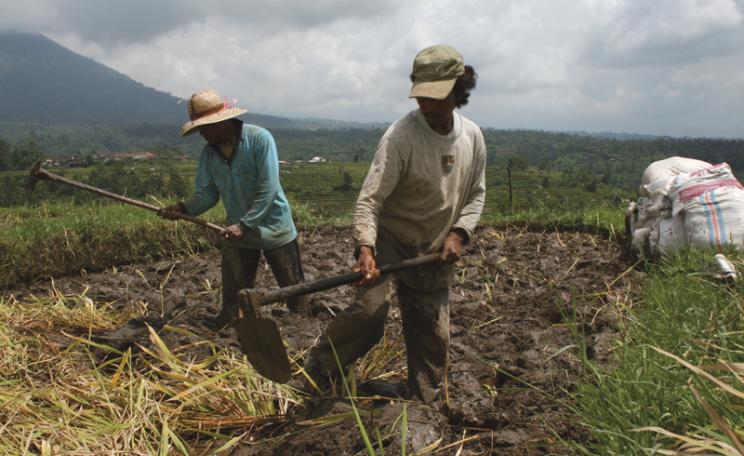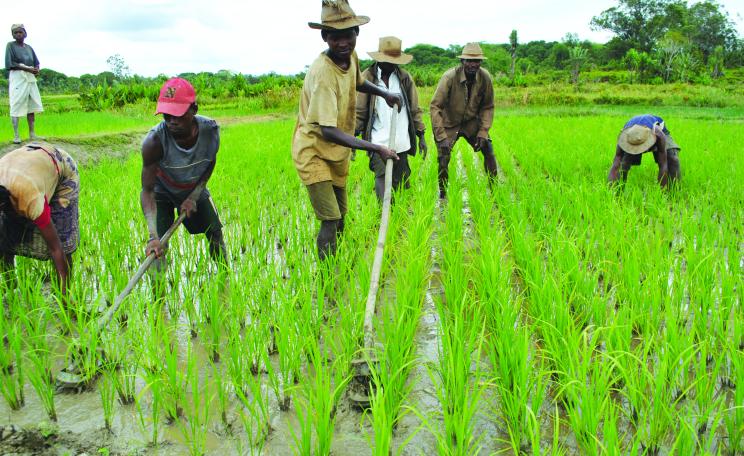Agriculture has a huge role to play in developing solutions to meet the UK’s climate and nature goals.
A fundamental shift in how food and farming is financed and supported from both public and private sources is needed to ensure a fair transition towards nature-friendly, or regenerative, farming, according to a new report by WWF that brings together views of experts from stakeholders across the UK food value chain.
The report, sponsored by NatWest, comes as farmers across the country are facing unprecedented levels of change and uncertainty due to the shift in government payment schemes coinciding with supply chain disruptions and price pressures, many of which are related to climate change and nature loss.
Published at this year’s Oxford Farming Conference and following critical food and nature discussions at COP28, the Roadmap for financing a regenerative agricultural transition in England report calls for a change in direction, led by government, to support regenerative food production in England.
Roadmap
It warns that addressing climate, nature and the food system together will be the “triple challenge” of the coming decade. Supporting a vision of nature-rich landscapes – where wildlife recovers and fish return to rivers, and where farmers are profitable and supported – the report calls for an “all-hands-on-deck” approach across the UK food value chain so that farmers don’t face the burden of transition alone.
The report argues that businesses must work together across the food value chain in order to fairly distribute costs and risks associated with the transition to nature-friendly farming, and that government intervention will be crucial to secure this. It sets out where strong ambition, policy and funding from government could speed up a transition that delivers for farmers and works for the planet.
A response to the UK Government’s commitment to publish a nature-positive investment roadmap for the agricultural sector1, the WWF roadmap highlights the power of collaboration, and sets out actions for all parts of the food system.
Agriculture
For the UK Government, key areas for action include harmonising data for farmers to ensure consistent data standards, regulating emerging high-integrity carbon and nature markets to provide greater transparency, and introducing new legislation to integrate policy decisions on food, climate and nature in a way that places regenerative farming as a core solution to all three issues.
By focussing on practical actions and exploring all parts of the financial ecosystem surrounding farming, the roadmap aims to ensure that farmers receive the support they need as well as a fair market return for producing healthy and nutritious food, tackling climate change and restoring nature.
Kate Norgrove, executive director of advocacy and campaigns at WWF, said: “Agriculture and land use are at the heart of any action to address climate change and nature loss, but farmers understandably need assurance that they will be fairly rewarded for transitioning to regenerative practices.
"Our food systems are vulnerable to shocks, disruptions and price pressures caused or worsened by climate change and the loss of nature. This report demonstrates how the power of collective action and investment, if underpinned and driven by the Government, can unlock a future for farming that makes both economic and environmental sense.”
This Author
Ruby Harbour is a freelance journalist. This article is based on a press release from WWF.







